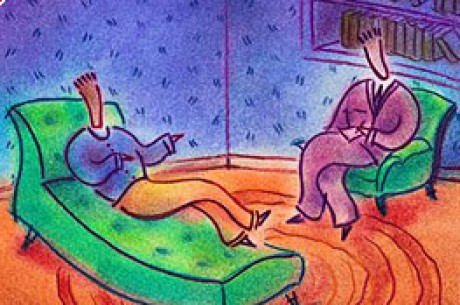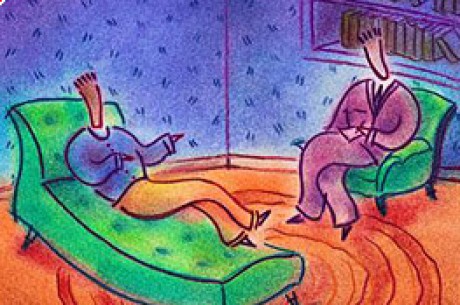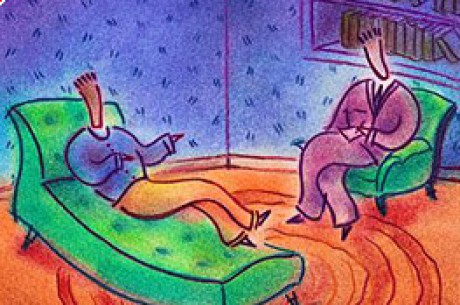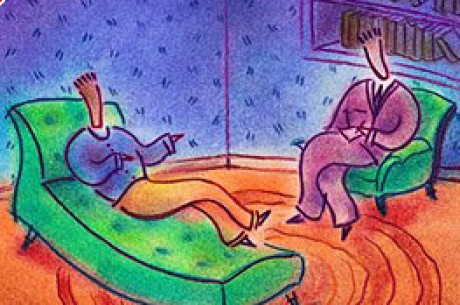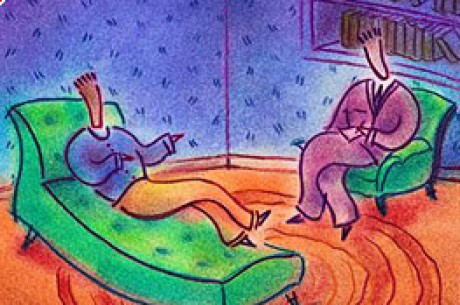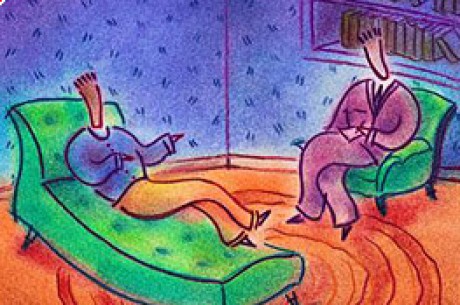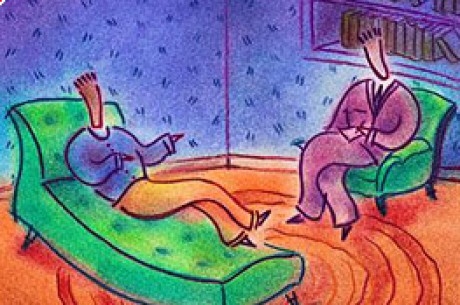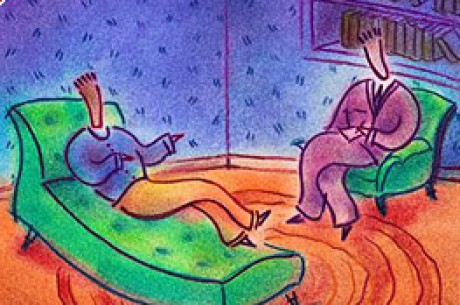The Poker Counselor's Corner (42)

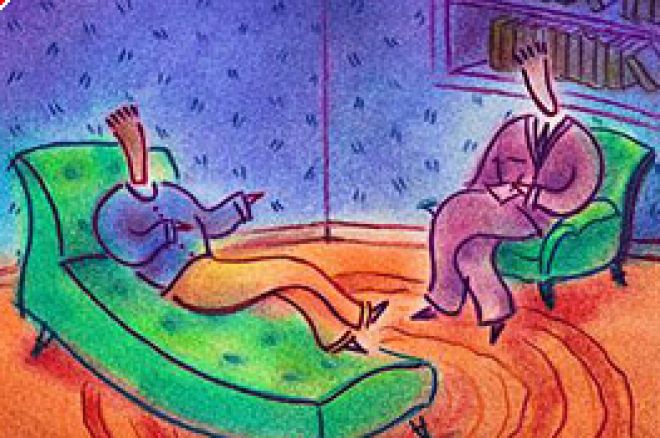
Editor's Note: In addition to being a poker enthusiast, gambling columnist, and lecturer, John is a National Certified Counselor (NCC). He has a Master of Arts degree in Counseling from West Virginia University, and a Bachelor's degree in Psychology with a minor in Sociology from Lock Haven University. You can arrange for interviews, speaking engagements, or ask your question to "the Poker Counselor" at [email protected]
A couple of months ago I read one of your articles about what to expect for my first trip to Las Vegas. Thanks to your article (and some other research that I did) I felt pretty comfortable playing live poker for the 1st time in a real casino. I was ready for the rake, the tips, the flow of the game, and all of that. What you didn't mention in your article is how nice the other players at the table are and how much fun it is. I'm never touching a slot machine again. Poker was a blast! I thought everyone would be intimidating and nasty at the table, but it was the opposite. This is true for everywhere I played (Mirage, Mandalay Bay, Excalibur, and Luxor). -Emailed by Thomas V. from Minnesota
Thanks for the email. Your assumption that casino poker rooms are filled with heartless, cold, intimidating characters is more common than I realized. I often hear from first time casino players who are pleasantly surprised by the welcoming atmosphere that is the norm in a vast majority of card rooms across this country (and across the world, in my experiences). While there is no doubt that everyone is working to win the next guy's money at the table, cash games are still generally filled with kind folks who are looking to have a good time. Like you, many around the table in areas like Vegas and Atlantic City are vacationers who play online and in home games in their area. Don't be fooled into accepting the common social perception that serious poker players are mean or dangerous vagabonds. In fact, I've found "poker people" to be some of the kindest and most helpful of all that I've encountered. From dealers, to floor managers, to the opponents around the table, poker is much like a giant fraternity (and sorority, ladies) of individuals who are bound together through a united love of poker. It is like an ever growing society. We have our own language (i.e. bad beats, suck outs, Big Slick, Rivered, etc.), our own quasi-religion (Doyle Brunson is our living deity and we all believe in the poker "gods"), and our own holy land (the Las Vegas strip). While we try to check-raise each other when the cards are dealt, we are brothers united away from the table. Welcome to the infectious world of live action casino poker. Let me warn you that once you've grown accustomed to the atmosphere and camaraderie that this provides, you may never look at your favorite online poker room the same again!
Some old poker player I know mentioned that he's made tons of money over the years watching how guys put their chips into the pot. He called them chip tells. He says it is the best tells he ever found. What was he talking about? - Douglas H. from New York
Veteran poker players are the best source of poker information available. While some players are improving their games via table experience and reading books, the very best way to learn (and learn quickly) is by having a proven player work as your mentor. Veteran poker players have insights that most books will have a hard time delving into, and they'll be able to formulate advice specifically for your game. This wise older player was probably alluding to tells that many poker professionals keep an eye out for. It comes from interpreting how the opponent moved his/her chips into the pot. Most of the time, their actions fall into the "weak means strong/strong means weak" category. The thinking is that a player who carefully and meekly slides their raise past the betting line is often time very strong. The smooth slide is to be calming and inviting, as the raiser does not want to spook potential callers in any way. On the flipside, those who forcefully and dramatically enter their chips into the pot are often weaker. I saw an example of this on my last trip to Vegas. A player on the button had everyone in front of him fold. He raised a large amount and vividly raised his chips upward, then placed them back down with gusto while blurting "raise." I was in the small blind and immediately re-raised all-in with my Ace-rag off-suit. After he put on some theatrics, he predictably folded. Another variation of a chip tell is when a player calls and loosely flings the chips into the pot. With a backhand flip, many players nonchalantly flick the call towards the middle. This is most often displaying that they are on a drawing hand, especially if the call comes out relatively quickly. A toss-in call of your raise often means you are up against a flush draw, straight draw, and occasionally two over cards like Ace-King. Practice watching for these tells, even in hands that you are not involved in. If you see a player slide a tall stack of chips into the middle, watch the rest of the hand to see if it was indeed a monster hand. If a player flips a call into the pot, ask him after the hand a probing question such as "Guess you needed one more spade to show up, huh?" The more times you see these tells, the more accurately you'll find yourself identifying them.
KEEP THOSE QUESTIONS COMING!! [email protected]
Ed Note: Poker Stars have our highest rated tournaments, find out why

